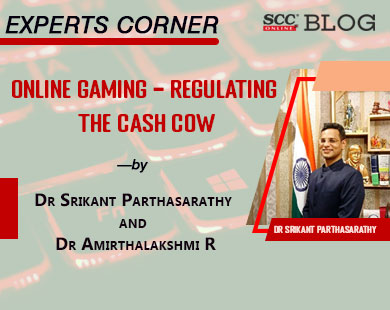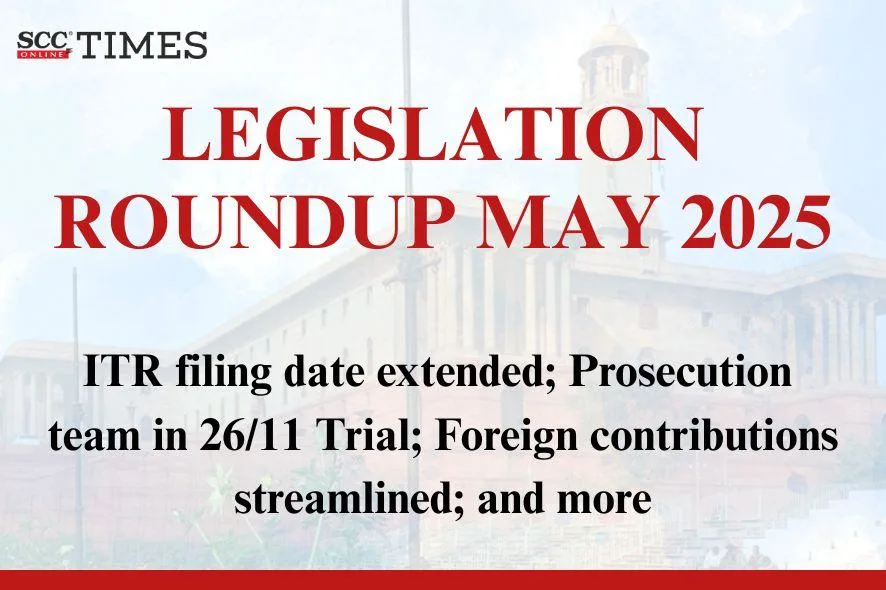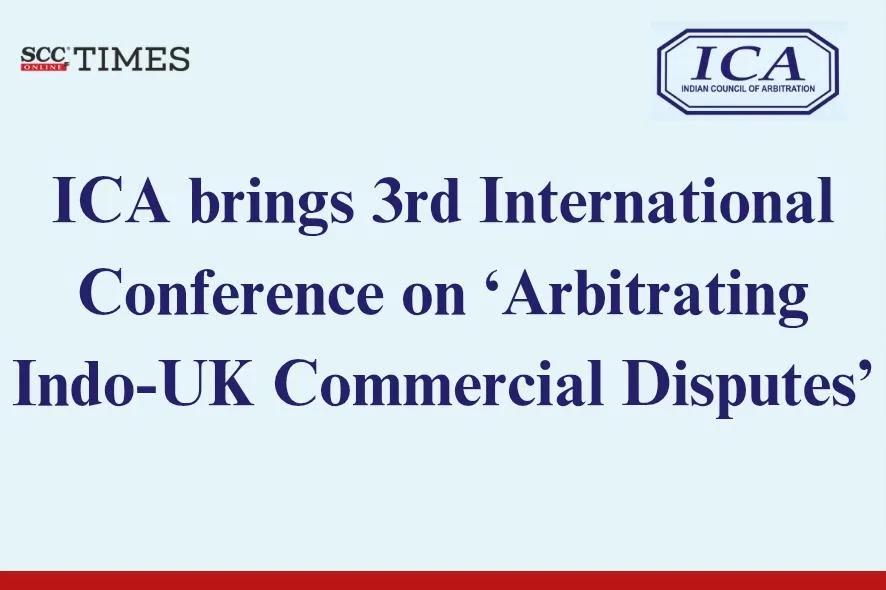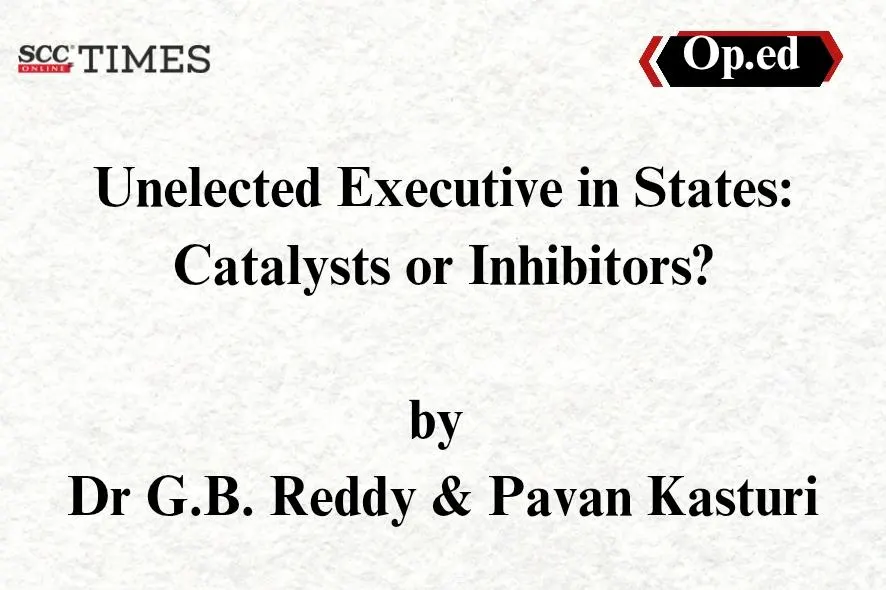The past year has been filled with news about how addictive the online gaming industry can be and the ill effects that it produces on the youth. So much so, that there is a constant tussle between regulation versus banning. The saga of regulating the unregulated and striking a balance between “banning” and “regulation” is far older than we think. The Public Gambling Act was first put in place in 1867, which is a mere 7 years after the Penal Code came in to existence. The obstacles of prohibition have been far too few as compared to the fruits of regulation.
Case in point is the tax which is charged in India on gambling income (whether online or offline), be it personal tax or direct tax, or the application of indirect tax on services rendered by the performance of a gamble. At the moment, an income tax rate of 30% plus surcharge is charged on gambling income irrespective of the method of gamble and is classified under Section 115-BB as “casual income”. A skill based game is taxed at 18% and the rates goes up to 28% under the GST regime. In effect, nothing has stopped the GST Council of India from collection of revenue from gambling. However, the quotient of the mental health creeps in from time to time, irrespective of the fact that a gambler may end up paying more than 60% of the income earned through a gamble. This does not mean that gambling is healthy, or it should not be banned. It only indicates that the fruits of a gamble are still being used to further the economy, however, the act of “gamble” itself is shunned upon.
Europe struggled with the same phenomenon and the famous Berlington Hungary Tanácsadó és Szolgáltató kft v. Magyar Allam1 where it was specifically opined the States have the prerogative to enact laws against online gambling, however, the States shall not resort to a discriminative laws against a particular mode of gambling. The decision, puzzling as it was, laid down the foundation of regulation and struck a balance on the “transparency” in the operations of a gamble versus the legitimacy of the gamble. The emphasis of the Court of the European Union placed on the “consistency” and “systematic” way a regulation is applied.
Another puzzling instance is where the regulation is sought for gambling under the guise of a completely unrelated and vaguely connected law which penalises an alleged act of money laundering. The banning of online gaming is inevitably intertwined with Prevention of Money Laundering Act (PMLA) and a presumption of guilt is accorded to a gambled income and the gambling enabling company, which is the usual way the PMLA law works. The perplexity in viewing this issue from the lens of a PMLA is the application of a law which is not the direct law regulating the “act in question”. This riddles not only the judicial system but also overburdens the prosecutors to find causal links toward prosecuting a case that squarely does not fit the case. Not to mention, is the ordeal that a person goes through when the Enforcement Directorate (ED) is involved in an unregulated area.
It is time for India to recognise the pitfalls in the non-regulation of the online gaming industry and the longer India takes to regulate it, the more would be the abuse of the process through obsolete or inapplicable laws. Also, this delay results in an economy which is unregulated and operates within closed doors, uncannily mimicking the “prohibition era” in the United States of America, when liquor was sold more than ever. The All India Gaming Foundation, as recent as 2022, has estimated the market size of this unregulated industry to be around USD 1 billion or around INR 8300 crores. This translates to a revenue collection from GST alone to be around INR 2324 crores, or roughly translating to INR 194 crores. By the August 2022 data released by the Department of Revenue, Government of India, of the GST collections of the States, where online gambling is allowed (Goa, Sikkim and Lakshadweep), the total collection of GST from these States stand at INR 647 crores, of which, by the calculation above, a whopping 31% could be from online gambling companies, which unfortunately, is not owing to the online gambling companies setting up clandestinely in other States or setting up shops outside India, both of which not only harm the tax collection, but also affect the charging of tax in India.
The cue that the lawmakers can take is from the way the regulation is in force from various jurisdictions like the United Kingdom, Europe, which have let reasonable restrictions, however not discriminate restrictions being placed on gambling. This helps structure a law that not only survives the test of time but also contributes to the certainty in business that the Indian economy desperately seeks. The fence-sitting position of the legislature may only incentivise operation of money launder online gambling, rather than enabling a proposition to tax and regulate efficiently, which unfortunately exists for the former with no sight of the latter in the Budget 2023 discussions nor is there any indication of an expectation of this being called out on 1-2-2023, when the Budget of India for the next fiscal is tabled.
† Professor of International Law and an alumnus of The Hague Academy, Netherlands. Author can be reached at casrikantparth@gmail.com.
†† Amirthalakshmi R, Principal Counsel, Chambers of Dr. Srikant Parthasarathy
1. (Case C-98/14) EU:C:2015:386; (2015) 3 CMLR 45, ECJ










